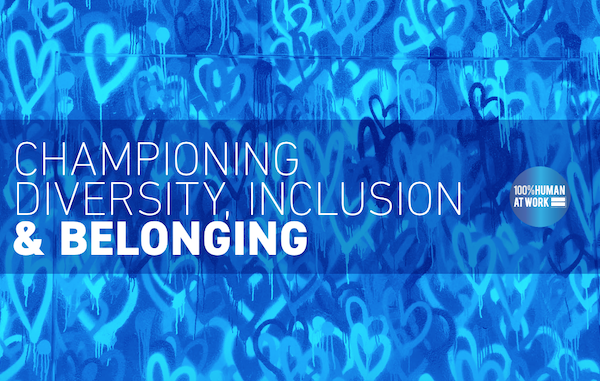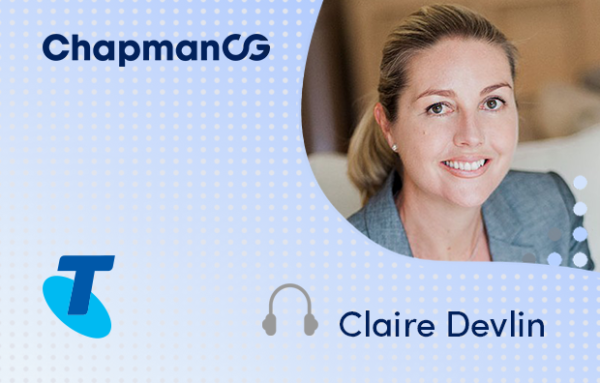Beyond the Ulrich Model – Sydney HR Leaders Discuss the Next Phase
On Monday, the 10th of November 2014, The Chapman Consulting Group held two HR Leaders networking sessions, along with our hosts Origin Energy and Cisco Systems. The topic for discussion, “Beyond the Ulrich Model – What’s the next big thing in HR?” resulted in an energetic discussion amongst the HR leaders present from American Express, Avaya, Coca Cola Amatil, Cochlear, Deloitte, DEXUS, Diageo, Hewlett Packard, Lend Lease, Perpetual, Schneider Electric, Woolworths and others.
The Ulrich Model
Today’s HR Leader will certainly be familiar with The Ulrich Model, a ground-breaking model first detailed by HR management guru Dave Ulrich in his book Human Resource Champions in 1996. To provide a brief recap, in its simplest form the three-pronged model consists of shared service centres providing transactional HR work, business partners that sit within the business units, and Centres of Excellence (COE) providing consultancy on issues such as rewards, employee relations and talent management. It has been a direct consequence of Ulrich’s theory, that many organisations have chosen to move to this model for delivering HR consultancy and services. However, this framework is now 18 years’ old, and we were interested to find out what the gathered HR Leaders thought would be ‘the next big thing’.
Moving on from Ulrich
There was general agreement amongst the participants that the Ulrich model takes a number of years to master, and that those present were at different stages in terms of the sophistication and maturity of their HR organisation models. It was felt that ‘the next big thing’ should be a more customer led Ulrich model, because presently a common challenge is that COE’s are able to provide deep expertise, but they can become disconnected from business strategy and customer needs. The subsequent model needs to feed organisational design and external customer delivery. It was noted that where some large organisations have brought all of their HR expertise in house, there may be a balance and an understanding that it’s acceptable to use external subject matter experts, for example, in a talent acquisition situation where a certain skillset is particularly hard to find. The group also noted the importance of the in house team members closely managing these relationships with external providers.
Those HR leaders from smaller – medium sized organisations questioned whether it was possible in terms of budget and practicality to have specialist COE’s, because they are less able to serve smaller populations that are globally dispersed.
The following “Pain points” were identified within the Ulrich model:
- It can take at least 18 months, and sometimes up to five years, to roll out Centres of Excellence and embed the process – and by that time it may all be irrelevant;
- The experts in the COE’s need to ensure they understand the business better and sometimes response times can be too slow;
- The global COE’s can be focussed on three to four main agenda items – if this is the case then who is really driving the business?;
- Technology Solutions such as a Workday create efficiency and transparency and push HR responsibility back to the business and line managers. The risk of pushing too much HR management back to the business is that line managers may not be equipped to handle certain employee issues such as mental health or diversity and inclusion;
- Transitioning existing HR employees into the model can be a challenge. For example, in some companies the Business Partner role is seen as the most appealing HR role, given its strategic function in comparison to the more operational HR positions. However, some employees who want to transition to Business Partner also want to hold on to the operations piece (which is their strong suit and in their comfort zone), and perhaps don’t yet have the strategic skills needed to move into the BP role;
- Feedback from some leaders and Line Managers is that they want a “one stop shop” and don’t like multiple points of HR contact;
- Some parts of the business don’t need as much – if any – strategic support, and so don’t benefit from the model.
Critical Success Factors
Key points noted by some as critical success factors to implementing the Ulrich model:
- Education and solid guidance in the initial stages can turn the most adverse line manager into a firm supporter and promoter of the model to the business, once they understand the value. It was noted that often improving internal marketing and communication to showcase the successes of these programs adds considerable value;
- Organisations must have the IT platform to support Business Partners and the COE’s because meaningful data is needed in order to fully leverage the Ulrich Model;
- Clear communication and agreement on the delineation of roles and responsibilities within the model is vital. Strong collaboration, relationships and the ability to “flex” and adapt to the businesses ever-changing needs was also considered essential to success.
Danielle Weese, Head of HR ANZ / HRBP, APJC, Sales, and Vesna Jurcevic, APJC Sales HR Partner, described the multi-layered HR delivery model at Cisco, including simple features such as online searching for basic queries and ‘click to chat’ for answers to quick general questions. The next level of support involves a phone call with an HR consultant in the shared services centre, which handles country-specific queries, such as ER and payroll. Beyond that, cases can be escalated to a client facing HR specialist on the ground in the location. VP level business leaders have their own HR business Partners who are very senior and operate at the strategic and commercial level. According to Vesna Jurcevic, “Whilst a large volume of our operational HR services are delivered through our shared services centre, which is supported by world class technology; the business is still highly relationship driven, and HR Business Partners are seen as providing high-value business outcomes.”
What Makes an Effective HR Business Partner?
Acquiring the right level of HR capability for Business Partners is another big challenge facing organisations today. In the current business environment, markets and businesses are in a state of continual change and evolution, so HR professionals need to have the ability to constantly and quickly adapt. It was noted that it is necessary to be disruptive when implementing new processes, in order to attract the required level of attention from the business, so people are ready and open to the change. All agreed that strong CEO and leadership support can assist greatly with the transition and implementation processes, with a ‘lead by example’ approach.
There was much discussion around the competencies required for business partners, as this role becomes more evolved, and the need for strategic capability increases. Austen Sharp, Senior Manager, People and Culture, Energy Markets from Origin Energy shared the competency framework for HRBP’s he and his colleagues have devised, which includes:
- Organisational agility;
- Managerial courage;
- Business acumen;
- Perspective;
- Decision making;
- Drive for results.
This framework poses a question around how to bring entry level or graduate level HR employees into the organisation, because it does presuppose quite vast previous experience. The point was made that positions in shared services and/or project related work can be good entry points into the HR Team.
Overall, the general consensus seemed to be that there is no “magic formula” in terms of the optimal HR model, given the significant variation in business stage, size, location and function. It is useful to be aware of the models implementing the aspects that work for an individual organisation in a given timeframe. The conclusion was that with markets and businesses changing so rapidly,
the HR model will also continuously evolve on an on-going basis.
Many thanks go to our hosts, Origin Energy and Cisco Systems, and we look forward to reconvening with our HR Leaders in 2015.
Key Contributors:

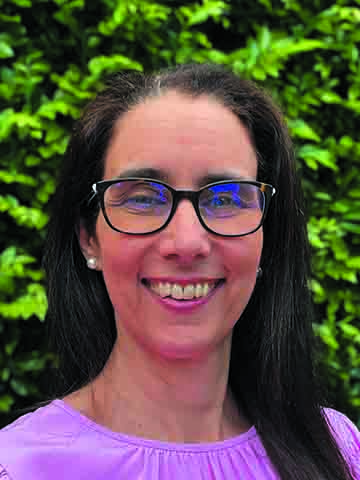
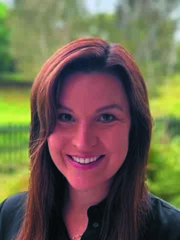 Kate Vuleta
Kate Vuleta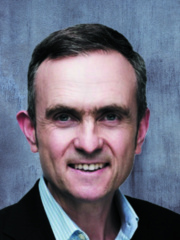 Paul Jury
Paul Jury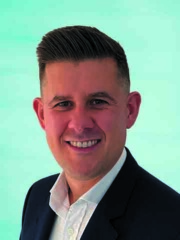 John MacLean
John MacLean Andrea Merrigan
Andrea Merrigan Orelia Chan
Orelia Chan Stanislav Medvedev
Stanislav Medvedev Fleur Daniell
Fleur Daniell Finian Toh
Finian Toh Tim Rayner
Tim Rayner Nicola Hasling
Nicola Hasling Stefanie Cross-Wilson
Stefanie Cross-Wilson

